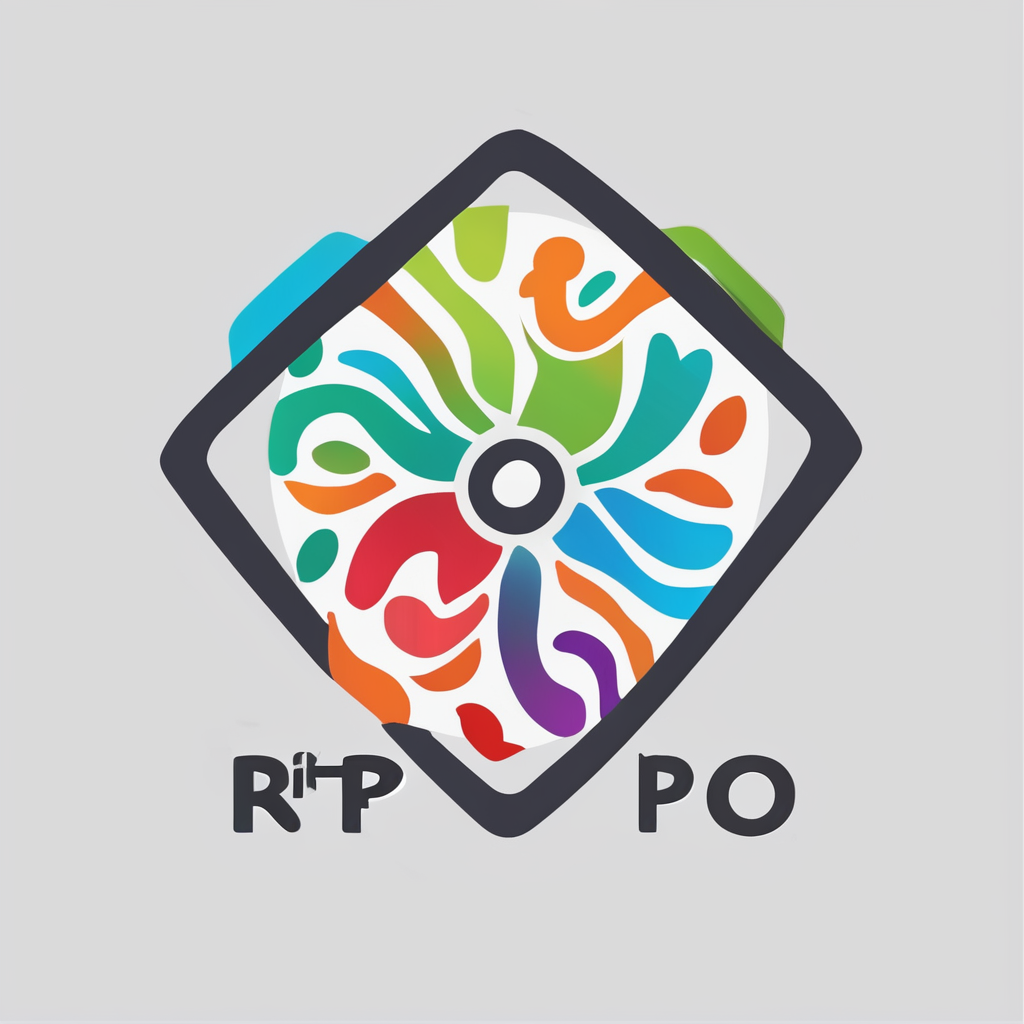Overview of Advanced Auditory Training
Advanced auditory training is a comprehensive approach aimed at enhancing hearing capabilities and improving hearing health. It involves specialized techniques designed by audiologists to support individuals with hearing loss. This type of training capitalizes on the brain’s ability to adapt and finally improve sound processing. Audiologists employ various methods to tailor these training programs to individual needs for optimal benefits.
Innovative Methods and Technologies
The evolution of auditory training extends to incorporating cutting-edge technologies. Methods such as computer-based training platforms offer interactive environments for patients to practice and refine their listening skills. These platforms often provide exercises that simulate real-world listening conditions. Additionally, real-time feedback and analytics are integral components of advanced auditory training, tracking progress and adjusting difficulty levels accordingly.
In the same genre : Find expert psychotherapist dubai for personalized mental health care
Audiologists’ Pivotal Role
Audiologists are the linchpins in this sphere, leveraging their expertise to implement and oversee advanced auditory training programs. They assess hearing health improvements and adjust techniques to ensure efficacy. This personalized approach ensures that each patient receives a regimen that suits their unique auditory profile. Audiologists also educate patients on the importance of consistent practice and guide them in utilizing available technologies to enhance results.
Practical Strategies Employed by Audiologists
Advanced auditory training is revolutionised through patient-centred approaches. Audiologists now employ strategies that precisely address the individual needs of patients with hearing loss.
Also read : Enhancing patient recovery: innovative perioperative care techniques for uk anesthesiologists
Individualized Training Programs
Individualized training programs are at the core of effective audiology practices. Audiologists meticulously design these programs to match the specific auditory challenges faced by each patient. By conducting thorough assessments, they identify areas where improvements are most needed and tailor training techniques accordingly. This method not only maximises hearing health benefits but also empowers patients to take charge of their own auditory development.
Group Therapy Sessions
Group therapy sessions create a supportive environment where patients can share their experiences and learn collectively. These sessions foster peer interaction, which can be crucial for psychological support. Individuals benefit from observing and participating in auditory exercises within a social context, enhancing their listening skills in real-world scenarios.
Use of Assistive Technologies
Integrating advanced technologies is fundamental in modern auditory training. Audiologists use assistive devices and software to streamline training outcomes. These technologies provide real-time feedback and analytics, allowing for dynamic adjustments to training regimens. The integration of these tools ensures that patients not only improve their hearing capabilities but also gain confidence in navigating diverse auditory environments. This fusion of technology and expertise marks a significant leap forward in auditory healthcare.
Case Studies and Success Stories
Exploring success stories and real-life applications of advanced auditory training can be inspiring. Meet Emily, a music teacher who reclaimed her passion after undergoing tailored auditory training programs. Before starting, Emily struggled with hearing loss, feeling isolated during lessons. Through a patient-centered approach, her audiologist developed techniques honed for her specific challenges. Utilizing interactive computer-based platforms, Emily engaged in exercises mimicking classroom soundscapes, significantly boosting her listening capabilities.
Another shining example is John’s story. A group therapy session participant, John found a nurturing community where shared experiences fostered motivation and growth. These sessions strengthened his ability to comprehend everyday conversations despite background noise.
Measurable outcomes further validate these personal transformations. Studies show that frequent engagement in such auditory training results in marked hearing health improvements. Participants typically report increased confidence in social interactions and enhanced comprehension in noisy environments.
These stories reaffirm the profound impact of advanced auditory training, underscoring its importance in modern audiology practices. Whether through individual programs or supportive group sessions, patient experiences serve as a beacon of hope for those navigating the challenges of hearing loss.
Expert Opinions on Evolving Techniques
Expert opinions shed valuable light on the advances in auditory training and their impact on hearing health. Audiologists provide insights into effective strategies and share their visions for future developments in the field.
Interviews with Leading Audiologists
Leading audiologists emphasize the dynamic nature of auditory training. According to their perspectives, adapting tailored techniques to each patient’s unique needs ensures optimal outcomes. Such approaches are evolving with continuous innovation, integrating technology seamlessly into the process.
Current Research in Auditory Rehabilitation
Recent studies highlight significant strides in the field of auditory rehabilitation. These findings underscore the importance of personalized audiology practices and the potential of emerging technologies. Research continues to explore new methodologies to further enhance training effectiveness, aiming to provide hearing health improvements across diverse populations.
Future Trends in Hearing Health
Looking ahead, industry trends indicate a shift towards more immersive and interactive training solutions. Experts predict that advancements in virtual reality and AI-based platforms will revolutionize training techniques. Such innovations promise to offer patients an even richer array of tools for overcoming hearing challenges and achieving better communication outcomes.
Resources for Patients and Healthcare Professionals
Navigating the world of audiology services can be daunting for those seeking hearing health improvements. Numerous patient resources are available to assist individuals in accessing effective auditory training tools. These resources can be pivotal in providing necessary support and guidance.
Available Resources for Auditory Training
Patients can explore a variety of training programs designed to address specific challenges. Audiology clinics frequently offer these programs tailored to individual needs. Engaging with these services ensures that patients receive appropriate interventions for their hearing conditions.
Training Programs and Support Networks
Support networks play a crucial role in patient-centered approaches. They offer a community where individuals can share experiences and advice. Access to these networks can significantly enhance the success of auditory training techniques by providing emotional and practical support.
Navigating the Healthcare System
Understanding the healthcare system is essential for securing comprehensive hearing health improvements. Patients are encouraged to consult with audiologists, who can offer insights into various audiology practices. Such guidance facilitates informed decision-making, leading to more effective management of hearing health needs.
These resources collectively empower patients and healthcare professionals to collaborate towards superior hearing outcomes.




